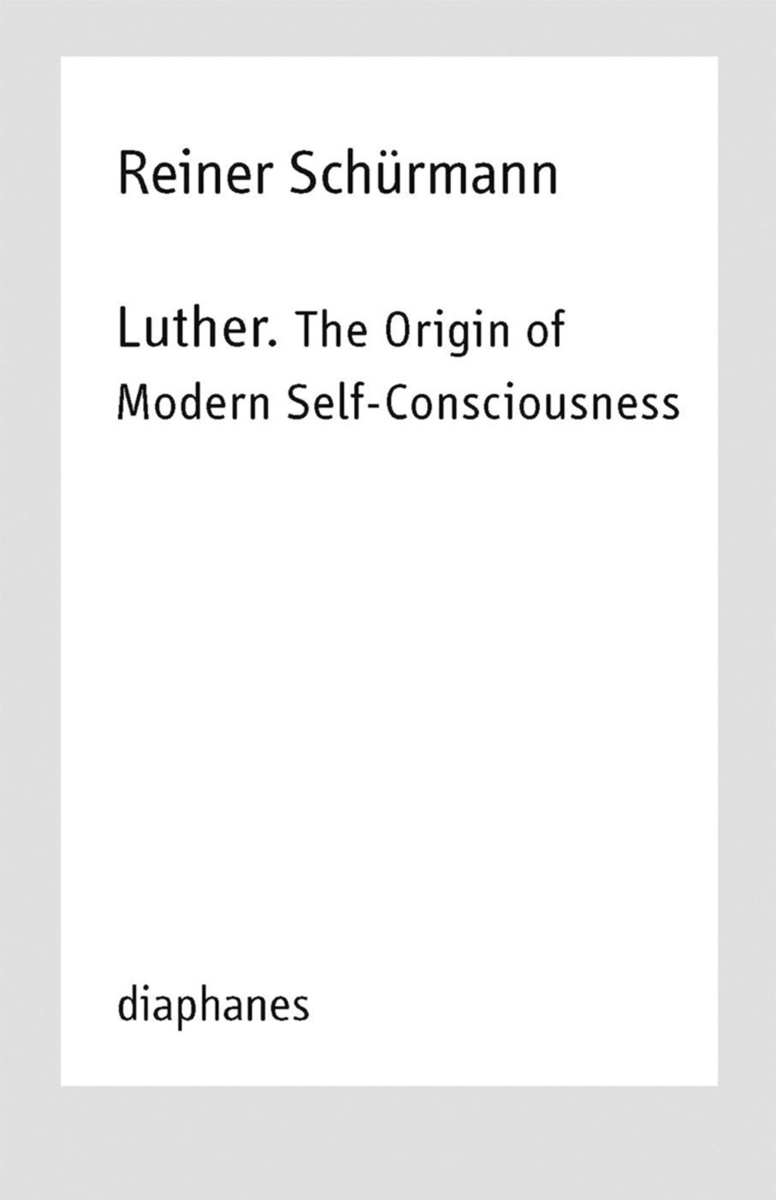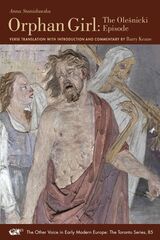Luther. The Origin of Modern Self-Consciousness: Reiner Schürmann Lecture Notes
Diaphanes
eISBN: 978-3-0358-0017-3 | Paper: 978-3-0358-0016-6
See other books on: Origin | Reiner Schürmann Lecture Notes | Schürmann, Reiner
See other titles from Diaphanes
eISBN: 978-3-0358-0017-3 | Paper: 978-3-0358-0016-6
ABOUT THIS BOOK | AUTHOR BIOGRAPHY
ABOUT THIS BOOK
If we are to understand the specifically modern function of self-consciousness, we must first look to the origins of the concept. Among the key thinkers who elaborated on self-consciousness was the German monk and theologian Martin Luther. Reiner Schuermann’s writings and lectures on Luther therefore offer an innovative reading of the systematic role of self-consciousness in both premodern and modern cultures.
This volume in a planned twenty-nine-part series, Reiner Schuermann: Luther. The Origin of Modern Self-Consciousness sees Schuermann tracing Luther’s conception of the rise of self-consciousness as the subjective reference point. Schuermann then explores this conception in conversation with both the Cartesian cogito and Kantian apperception.
This volume in a planned twenty-nine-part series, Reiner Schuermann: Luther. The Origin of Modern Self-Consciousness sees Schuermann tracing Luther’s conception of the rise of self-consciousness as the subjective reference point. Schuermann then explores this conception in conversation with both the Cartesian cogito and Kantian apperception.
See other books on: Origin | Reiner Schürmann Lecture Notes | Schürmann, Reiner
See other titles from Diaphanes












